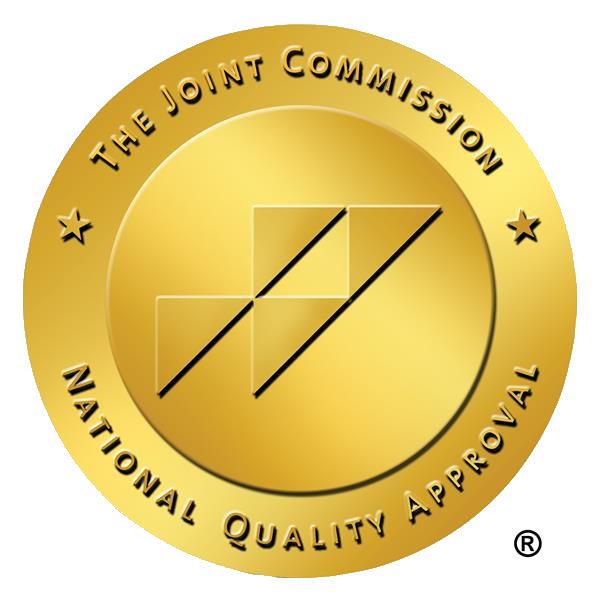Adderall Addiction and Abuse Treatment
Adderall, a common ADHD medication, helps people with attention problems stay focused on a task. Since it’s a stimulant, Adderall also affects the central nervous system by producing a calming effect in some people.
While Adderall can help treat certain conditions, it can also lead to addiction if abused.
If you think that someone you know is abusing Adderall, this article will provide some information to help you identify the signs and symptoms of Adderall addiction.
What Is Adderall?
Adderall is a combination of two types of stimulants: amphetamine and dextroamphetamine. Adderall works by increasing the amount of dopamine in the brain. Dopamine is a neurotransmitter that is responsible for motivation and pleasure.
In addition to treating ADHD in children, Adderall is used off-label to treat people with sleep disorders or to help people lose weight.
Addiction to Adderall
Prescription stimulants, while beneficial, are not without risk. Some people develop addictions to prescription stimulants, such as Adderall.
Common symptoms of addiction to Adderall include:
- A need to increase the dose to feel “normal”
- Compulsive Adderall use
- Unsuccessful attempts to quit or cut down on Adderall
- Diminished effect with continuing Adderall use
- Increased tolerance (needing more for the same effect)
- Withdrawal symptoms when ceasing Adderall use
Adderall Dependence vs. Adderall Addiction
There is a distinction between Adderall dependence and Adderall addiction.
When someone depends on Adderall, they will become physically dependent on it and experience withdrawal symptoms when they stop taking the medication.
An addiction is a psychological dependence on a drug, such as Adderall, which means that the person wants to maintain their high even if it harms them.
Understanding Adderall
Adderall is available as an immediate-release tablet and an extended-release capsule.
Because Adderall is a stimulant, it can cause increased blood pressure and heart rate. Adderall may also cause dizziness, restlessness, agitation, headaches, insomnia, dry mouth, and loss of appetite.
Adderall Effects and Abuse
Abuse of Adderall can lead to several serious health problems. The most obvious is addiction, which will have a compounding effect on your physical and mental health, such as:
- High blood pressure
- Heart attack
- Stroke
- Psychosis
- Mania
- Hallucinations
- Paranoia
- Delusions
Adderall Addiction Treatment
If you or someone you know has developed an addiction to Adderall, seek treatment immediately. Treatment can include:
- Detoxing/rehab treatment program
- Drug and addiction counseling
- Group therapy
- Cognitive Behavioral Therapy (CBT)
- Relapse prevention management
- Case management
The longer an addiction goes untreated, the more difficult it will be for you or your loved one to overcome their dependence on Adderall without relapse.
Give us a call anytime day or night














